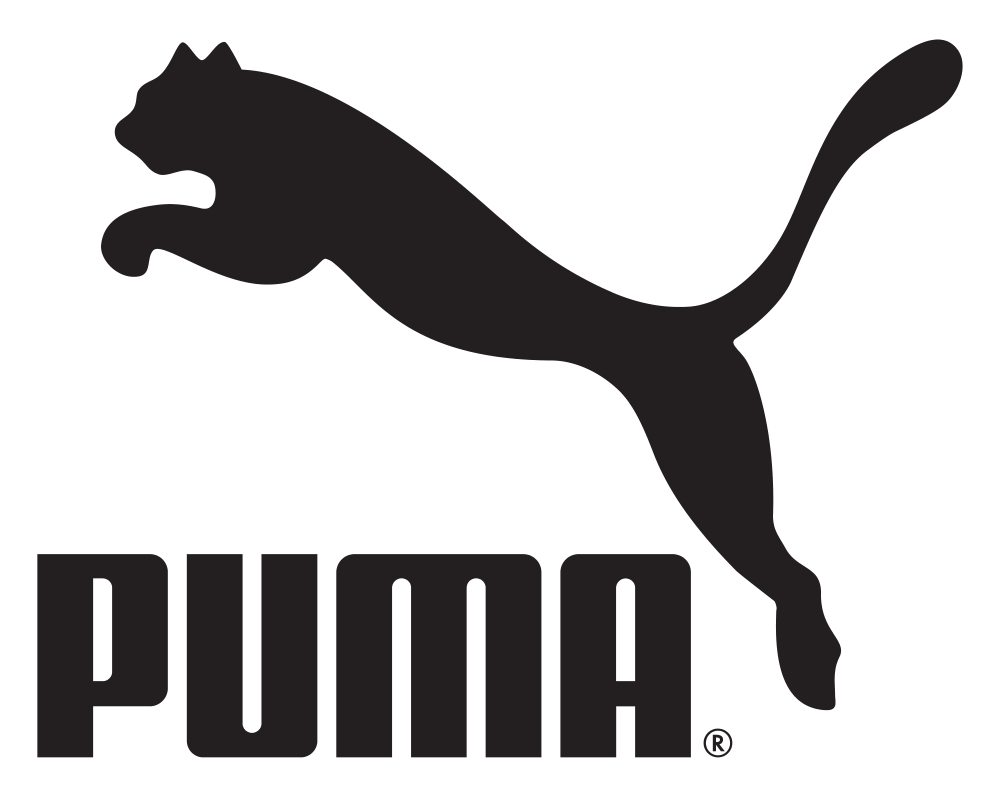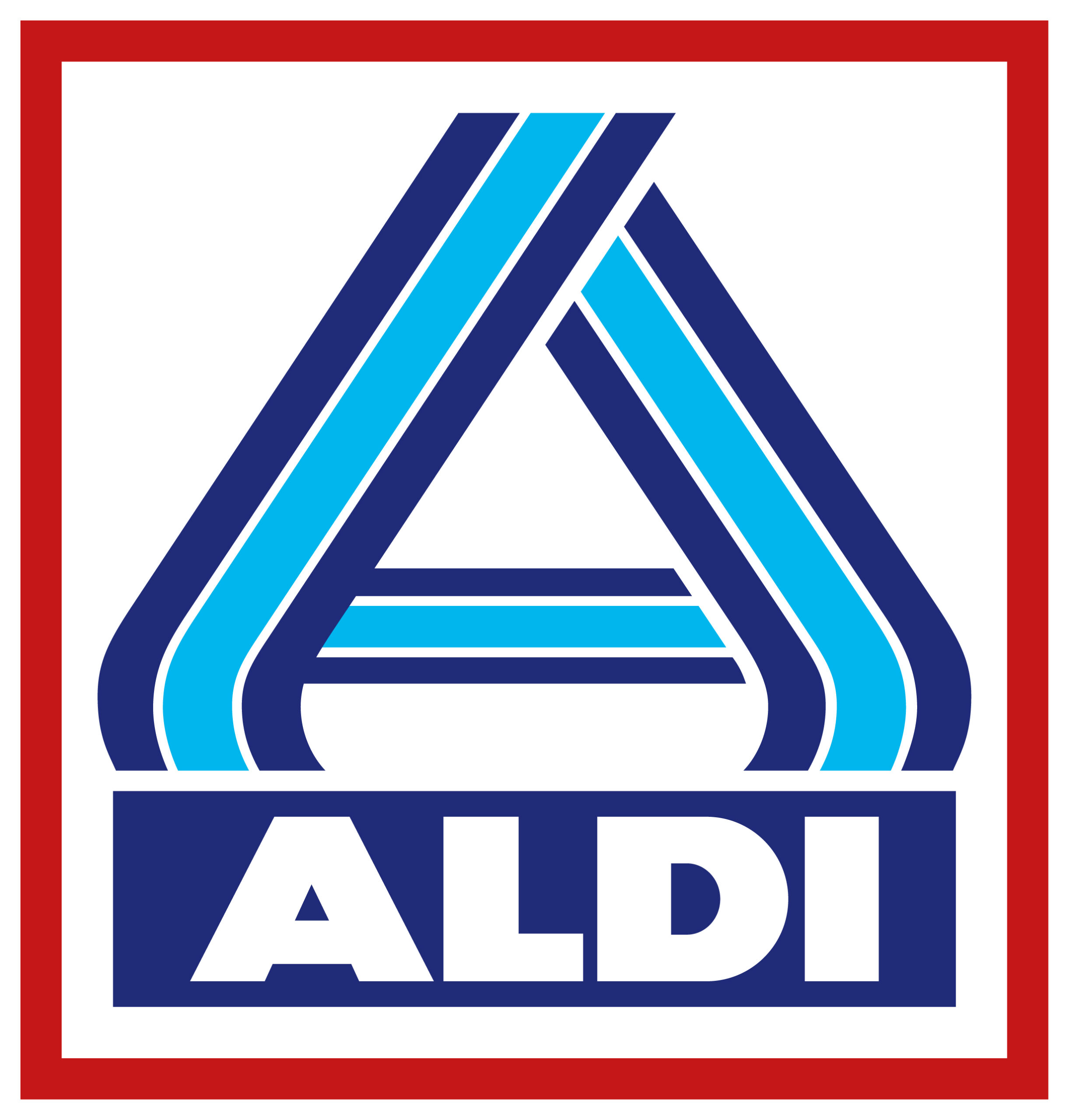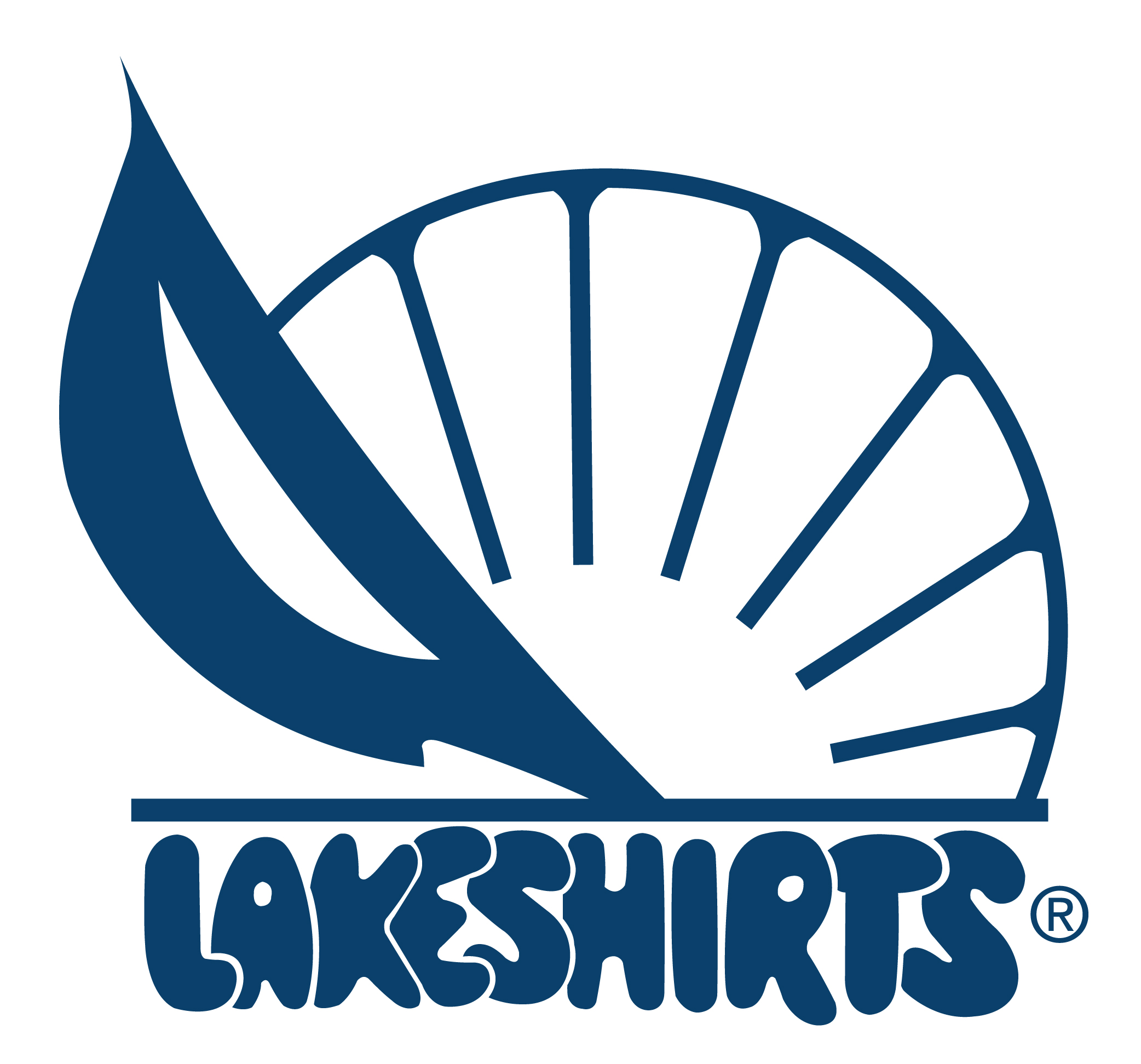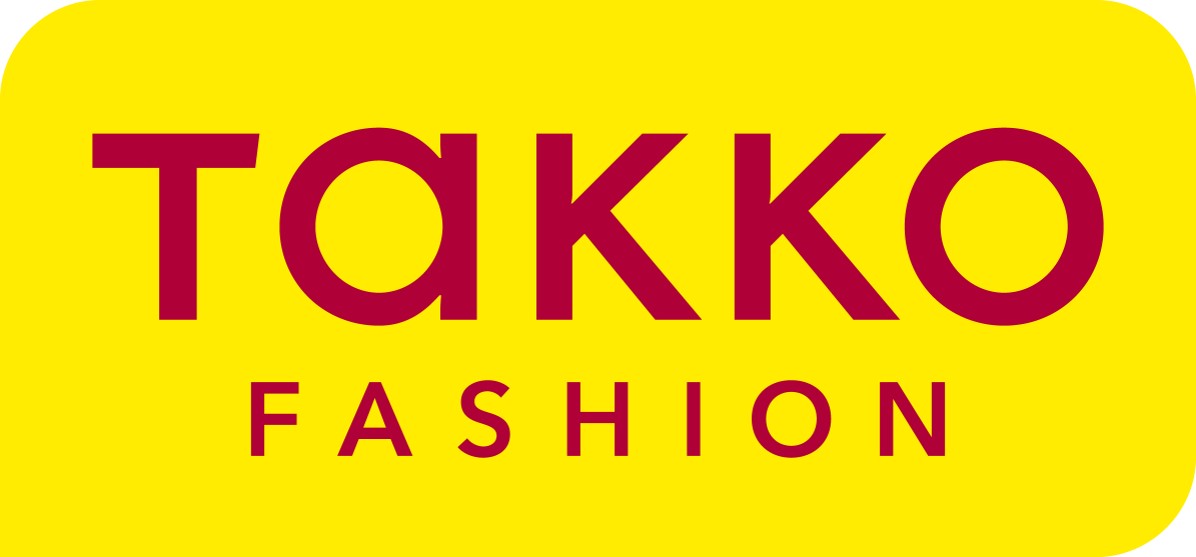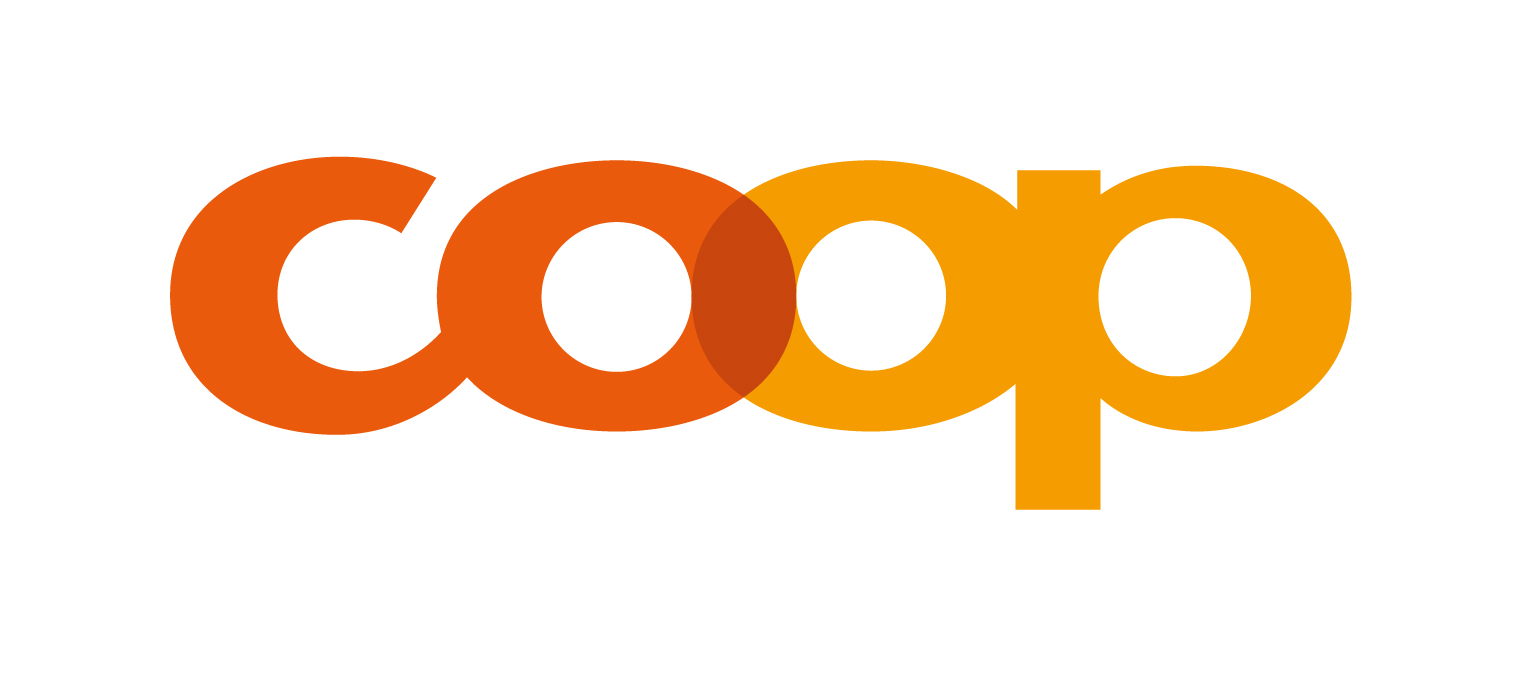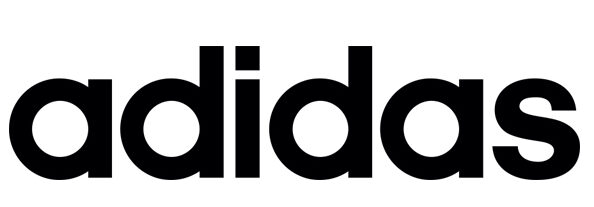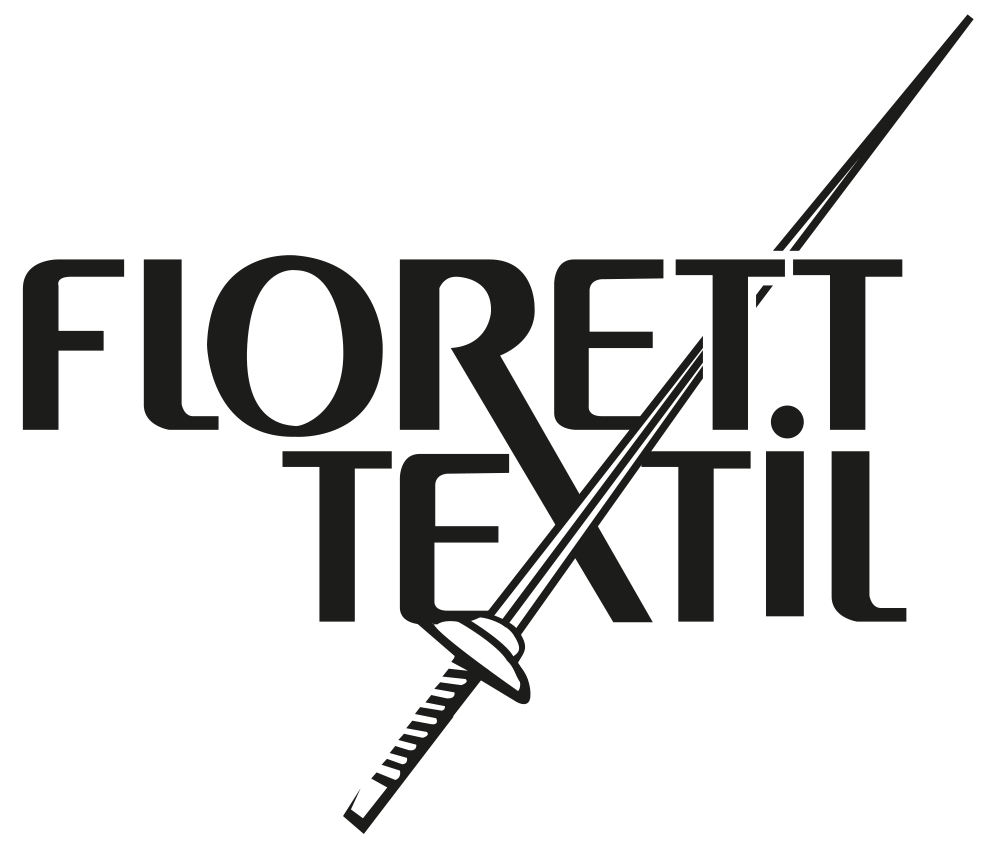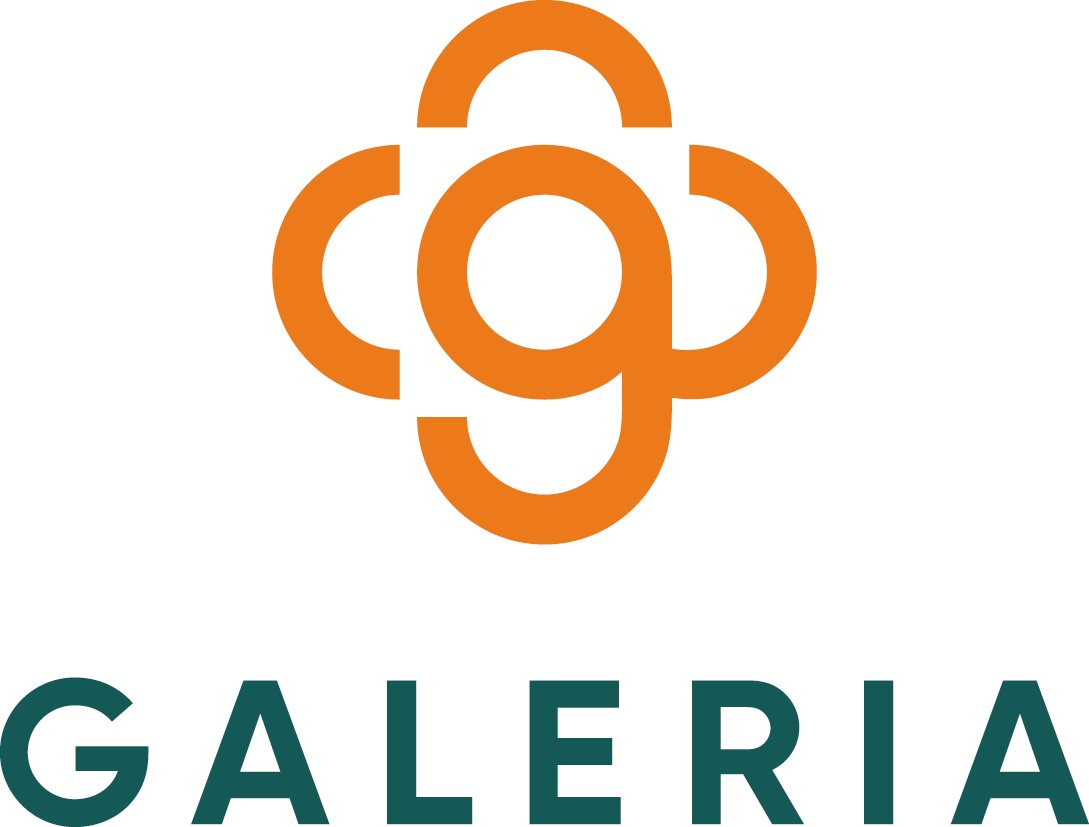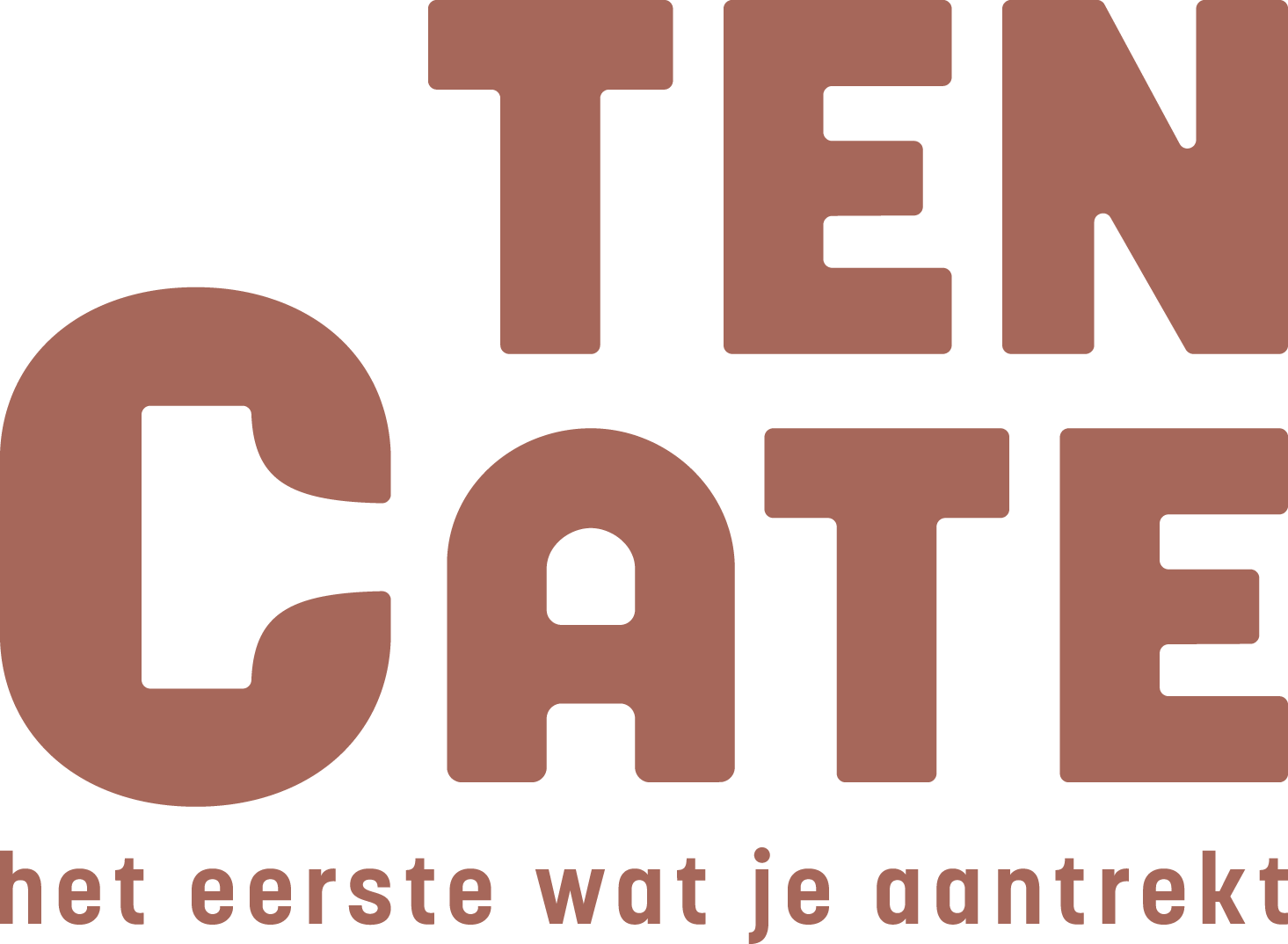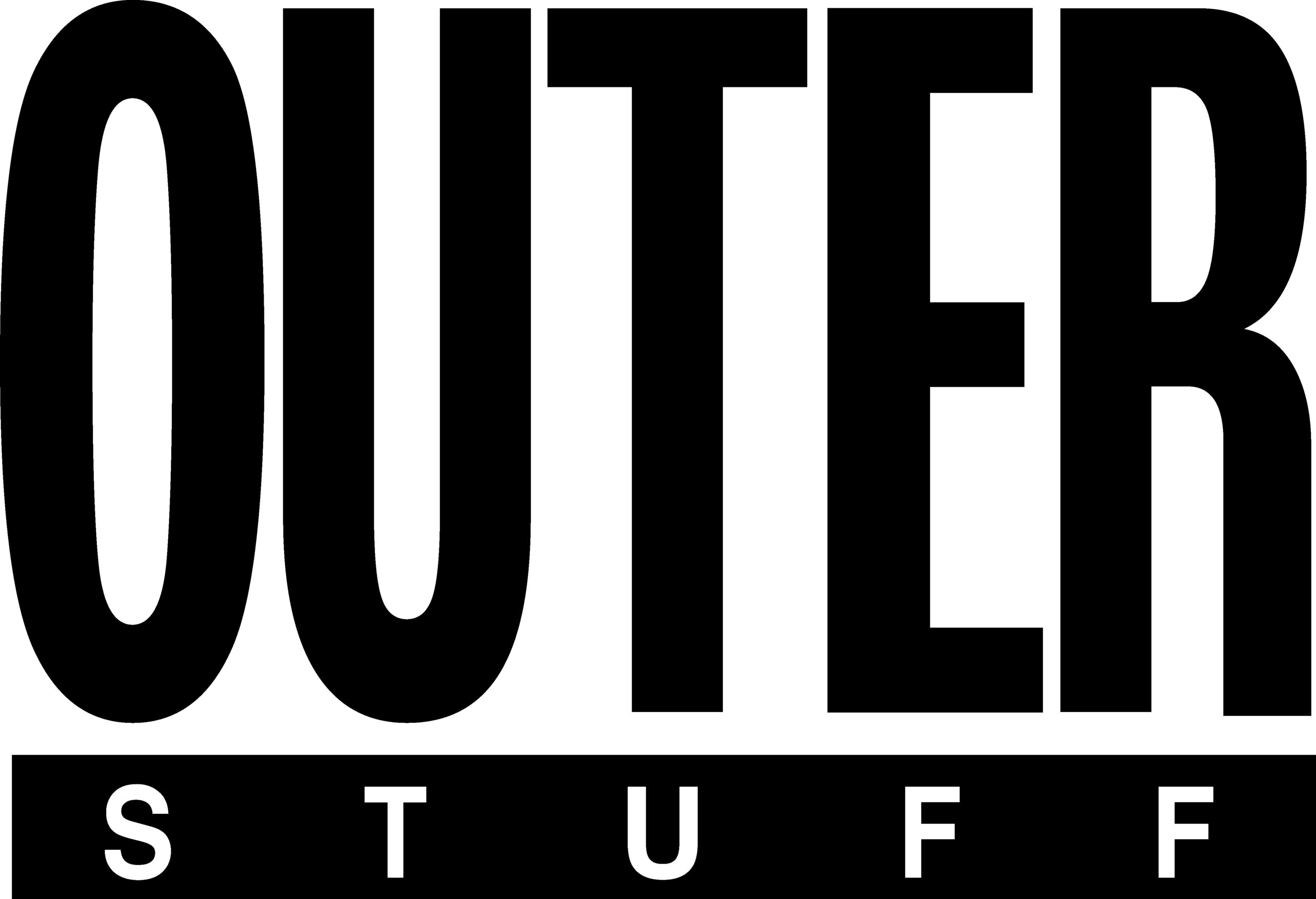Working with brands, factories, and workers for a safer textile and garment industry
The International Accord promotes workplace health and safety through independent safety inspections, training programs, and a complaints mechanism for workers.
Latest Updates by the Accord
A Safe and Sustainable Garment Industry
The International Accord for Health and Safety in the Garment and Textile Industry (International Accord) is a legally binding agreement between garment brands and trade unions to ensure worker health and safety in the textile and garment industry.
Serving as a framework, the agreement facilitates the implementation of the Accord’s Country-Specific Safety Programs (CSSPs), currently in Bangladesh and Pakistan, and lays the groundwork for potential future programs in other garment- producing countries.
“The signatories to the Agreement recognise that safe workplaces cannot be assured in the long term without the active participation of the people who work in them.” –
Preamble, The International Accord for Health and Safety in the Textile Sector (November 2023)
The Agreements
Read the 2023 International Accord framework agreement to know more about the principles, procedures, and policies, that form the legal basis of the Accord and its country programs.
Read the Bangladesh Safety Agreement aimed at ensuring worker health and safety in the garment and textile supply chains of Accord signatory brands sourcing in Bangladesh.
Read the Pakistan Accord aimed at ensuring worker health and safety in the garment and textile supply chains of Accord signatory brands sourcing in Pakistan.
Brands, Factories, and Workers, Each Play a Role in Driving Workplace Health and Safety
Factories
Implement and maintain fire, electrical, structural and boiler safety standards.
How We Do It
The Accord promotes worker safety through independent factory inspections and remediation efforts, comprehensive safety training programs, the establishment of joint labour-management Safety Committees, and the recognition of workers’ rights to organise, refuse unsafe work and raise health and safety concerns.
All covered suppliers are inspected by specialised and independent engineering staff to identify fire, electrical, structural and boiler safety hazards.
After initial inspections, factories develop Corrective Action Plans (CAPs) with the support of brands. Based on the identified safety issues, the remediation progress for each factory is regularly monitored and published online.
The Safety Committee and Safety Training Program promotes a culture of workplace safety by training joint labour-management Safety Committees and organising all-employee meetings to raise worker awareness.
Workers and their representatives can exercise their right to raise safety concerns or refuse unsafe work through an independent complaints mechanism. This mechanism provides a trusted avenue for workers to register their concerns in a timely, secure, and if they prefer, anonymous manner.
Provisions such as full factory disclosure, public reports, an escalation procedure, signatories’ commitment to ensuring remediation is financially feasible and a complaints mechanism for workers ensure that signatories and factories remain transparent and accountable while advancing workplace safety.
We're Making Good Progress Together
inspections at Accord covered factories
Safety Committee members trained
factories completed initial remediation
million workers informed about workplace safety
complaints resolved
inspections at Accord covered factories
Safety Committee members trained
factories completed initial remediation
Views From Our Stakeholders

UNI Global
I applaud the International Accord for its achievements in preventing, mitigating, and remedying occupational health and safety risks in ready-made garment factories. The increased leverage it provides to brands and retailers, the accountability for cost-sharing and focus on joint solutions, and an accessible, legitimate, and equitable complaints mechanism are all notable. In all these aspects, the Accord reflects and, more importantly, implements key responsible business conduct principles, as also reflected in the OECD recommendations on due diligence.

Clean Clothes Campaign
The hallmarks of the International Accord are accountability, enforceability, and transparency. As signed witnesses to this legally binding agreement, The Clean Clothes Campaign looks forward to continuing our work to ensure that the agreement is successfully implemented in Bangladesh and now, in Pakistan. We and our civil society and trade union members in Pakistan are heartened that workers throughout the supply chain of signatory brands will be protected by the Pakistan Accord’s independent inspection, training, and complaint mechanism.

IndustriALL
Since its inception in 2013, the Accord has brought significant, measurable change to Bangladesh’s textile and garment sector. It has changed mindsets and brought the issue of workers’ safety and rights to the centre of the industry. And with its achievements in Bangladesh, the Accord has triggered change along the supply chain, opening up for implementation in more countries.

UNI Global
This new agreement is further proof that the Accord model works. With its accountability, transparency, and legally binding commitments, the International Accord is an example of what modern due diligence should look like in Bangladesh and beyond.
Worker at Accord-covered factory
Thank you for taking such prompt action on our complaint. We have been suffering from a hostile work environment because of the named manager and our sick leave applications were not approved before. We are working in a less stressed environment now and we can avail of sick leaves if we are ill. May Allah bless you for your good work.

Inditex
Protecting workers from safety and health risks at work is fundamental to ensuring decent working conditions. Through a transparent and collaborative model on workplace safety such as the International Accord, we can achieve the common goal of delivering healthy and safe workplaces to workers in the garments and textile industry.
Views From Our Stakeholders

OECD Working Party on Responsible Business Conduct
I applaud the International Accord for its achievements in preventing, mitigating, and remedying occupational health and safety risks in ready-made garment factories. The increased leverage it provides to brands and retailers, the accountability for cost-sharing and focus on joint solutions, and an accessible, legitimate, and equitable complaints mechanism are all notable. In all these aspects, the Accord reflects and, more importantly, implements key responsible business conduct principles, as also reflected in the OECD recommendations on due diligence.
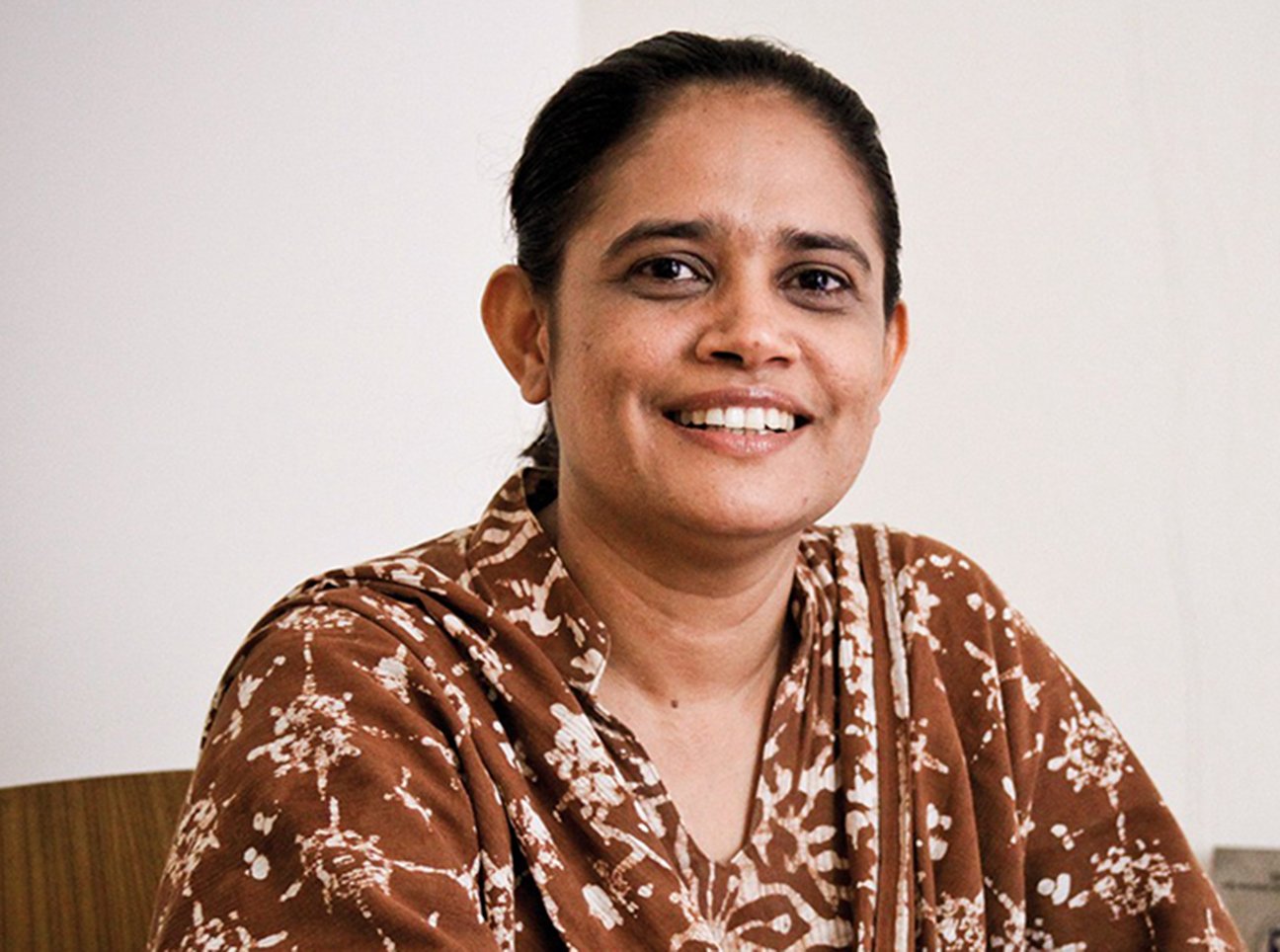
Awaj Foundation, Bangladesh
I urge all big clothing brands to sign the International Accord and take responsibility for workers in their supply chain. Legally binding agreements like the International Accord are the best way to safeguard workers in garment supply chains. Accord not only works for safety but also for working conditions and preventing gender-based violence. All brands must Sign the Accord, including many American brands that have by and large not signed so far. Those who sign the Accord, respect freedom of association and collective bargaining.
Join 200+ Brands and Retailers Committed to Safer Workplaces
Read the 2023 International Accord framework agreement to know more about the principles, procedures, and policies, that form the legal basis of the Accord and its country programs.
Read the Bangladesh Safety Agreement aimed at ensuring worker health and safety in the garment and textile supply chains of Accord signatory brands sourcing in Bangladesh.
Read the Pakistan Accord aimed at ensuring worker health and safety in the garment and textile supply chains of Accord signatory brands sourcing in Pakistan.





